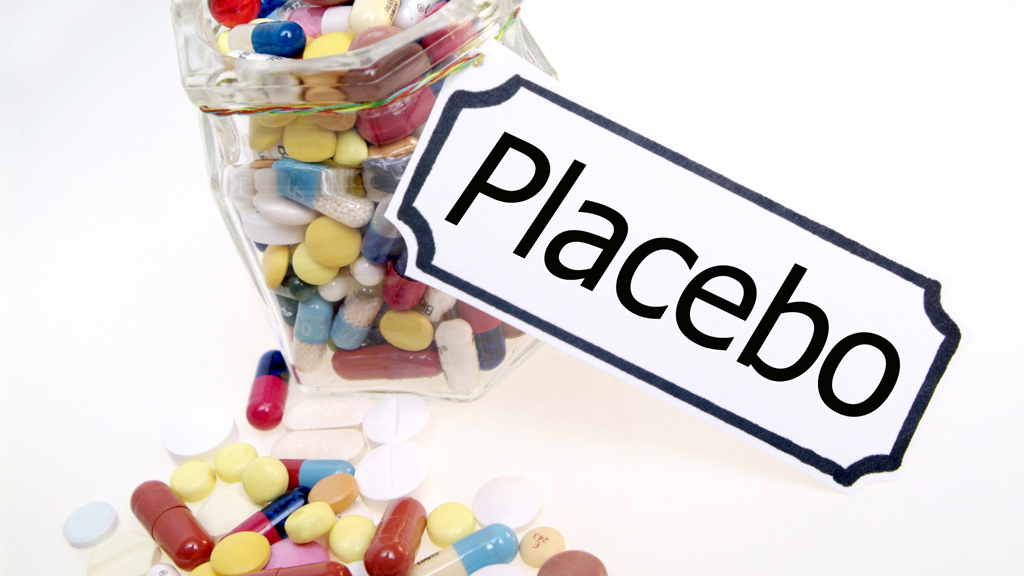Placebo drugs in widespread use finds study
With nine out of ten UK doctors admitting to having prescribed placebo treatments to patients at least once in their career, should their use no longer carry a stigma?

Researchers at Oxford and Southampton University found the use of placebos to be widespread across the country and that the doctors surveyed believe these treatments can help patients.
The study published in the journal PLOS One looked at a random sample of doctors registered with the General Medical Council (GMC), who were surveyed online.
Out of 783 responses, 97 per cent said they had used medical treatments that are unproved such as antibiotics for suspected viral infections or non-essential examinations and blood tests which reassured patients – “impure placebos”. While 12 per cent said they had used treatments which have no medical benefit – “pure placebos” such as sugar pills, or saline injections.
Further investigation is needed to develop ethical, cost-effective placebos Professor George Lewith
Dr Jeremy Howick, co-author of the study from the University of Oxford said: “This is not about doctors deceiving patient. Doctors clearly believe that placebos can help patients.”
The placebo effect is an unexplained biological mechanism where patients’ symptoms improve when they take treatment which has no active ingredient. It is also believed to boost the effectiveness of genuine medicines. How this is possible still remains a medical mystery.
Irrational stigma?
In this latest study both pure and impure placebos were broadly prescribed for similar reasons – either to induce psychological effects because the patients requested treatment or to reassure patients.
Professor George Lewith, co-author of the study from the University of Southampton said: “Other previous published studies by Southampton have clearly shown placebos can help many people and can be effective for a long time after administration.
“The placebo effect works by releasing our body’s own natural painkillers into our nervous system. In my opinion the stigma attached to placebo use is irrational, and further investigation is needed to develop ethical, cost-effective placebos.”
Ethical concerns
Ethical attitudes towards the use of placebos in the survey were, however, more varied with 66 per cent of doctors questioned saying that “pure” placebos are ethically acceptable under certain circumstances and 33 per cent saying they are never acceptable.
“Impure” placebos were more widely accepted with 84 per cent deemed they were acceptable.
The GMC does not explicitly discuss or prohibit the use of placebos in the treatment of patients, other than mentioning placebos in a footnote of its research guidance.
The GMC’s guidance does advise that doctors should always be open with patients, explain what they are prescribing and to answer a patient’s questions honestly and fully.